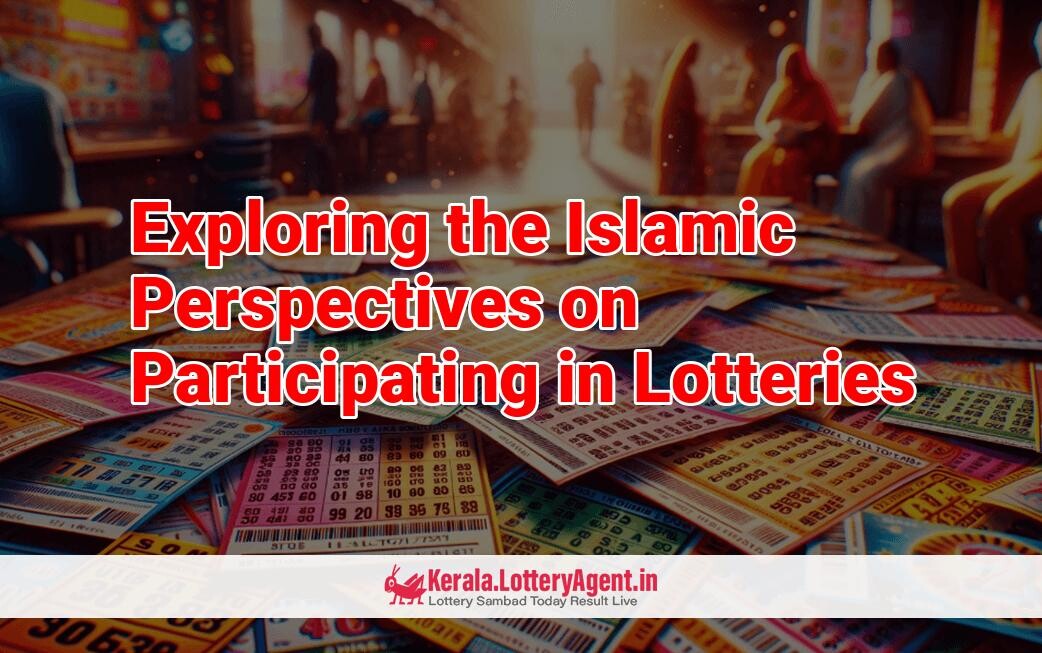
The lottery continues to be a contentious topic amongst Muslims, with diversifying opinions on whether it aligns with Islamic values. Some members of the Islamic community consider it strictly ‘haram’ or forbidden, citing concerns of gambling and potential addiction. Others entertain a more lenient viewpoint, seeing lotteries as avenues for philanthropy and minimal risk of addiction. This division has led to intense discussions about the religious permissibility of participating in and profiting from lottery games.
For Muslims hoping to resolve their uncertainties concerning lotteries, the matter centers around the consideration of lotteries as a form of gambling. In Islam, Allah forbids gambling because of its addictive nature. Yet, many Muslims argue that lottery games should not be classified under gambling due to their low risk of addiction. Additionally, the concept of the lottery as a charitable act comes into play, as a portion of the profits are often channeled towards educational and humanitarian efforts.
The Quran, being the ultimate guiding text for Muslims, does not explicitly mention the lottery. Still, its teachings offer a framework for assessing the acceptability of such games. An often-cited verse implies that while gambling possesses some benefits, the associated harm far outweighs them. Given this guidance, some Muslims infer that participation in lotteries is not permissible under the dictates of Islamic law. Conversely, lotteries are seen as permissible and even charitable by others since they contribute to social welfare.
The decision to engage in lottery games, therefore, rests with individual choice, leaving Muslim players to consider their personal convictions and the teachings they follow. For those who opt to play, numerous online lottery platforms are accessible, such as theLotter, Lotto Agent, LottoGo, and Lottofy.
But what exactly defines gambling? If any form of staking for uncertain rewards counts, then lotteries are definitely gambling, based on their reliance on luck rather than skill. For some Muslims, this chance-based nature of lottery games positions them firmly in the haram category. Others see a distinction between lotteries and traditional casino games, with lotto games presenting considerably less addiction hazard and often supporting noble causes.
Free lottery tickets introduce another layer of complexity. For instance, receiving a ticket as part of a purchase, such as fuel at a gas station, may seem permissible due to the absence of direct payment for the ticket itself. Nevertheless, since such lotteries often incorporate the ticket cost into the price of the items sold and may require consumers to spend a certain amount before qualifying for a “free” lottery ticket, it suggests a form of monetary risk, which some deem haram. On the other hand, the viewpoint that one’s regular spending is not influenced by the receipt of a lottery ticket supports its permissibility.
Additionally, raffles held at various events, where anyone present can receive a free raffle ticket without additional cost or financial risk, generally tend to be considered halal. Such raffles usually offer modest prizes meant to enhance the event rather than serve as gambling opportunities.
As far as selling lottery tickets is concerned, views vary greatly. Though some vendors see it as simply another product to offer customers, organizations like SeekersGuidance have ruled it impermissible, citing passages from the Quran that exhort prosperity through abstinence from sin.
The conversation extends to lottery winnings and their potential uses. Islam highly regards charity, including forms such as ‘sadaqah’ or ‘zakat’, which purifies wealth and aids the community. Thus, investing lottery gains in halal businesses or donating to charitable causes may reconcile the fortunes received through lotteries with Islamic ethical standards.
Muslim organizations might consider whether to accept lottery grants, given that many countries allocate a fraction of lottery revenues to community welfare. Accepting such funds, if they are employed for public benefit and not derived from direct participation in gambling, should theoretically absolve the recipients from blame.
The ultimate verdict on whether lotteries are haram or halal in Islam is inherently nuanced. Personal belief and interpretation of Islamic teachings play a critical role in determining each individual’s stance on the matter. Consequently, Muslims are encouraged to seek knowledge and reflect deeply before deciding on their involvement with lotteries.











